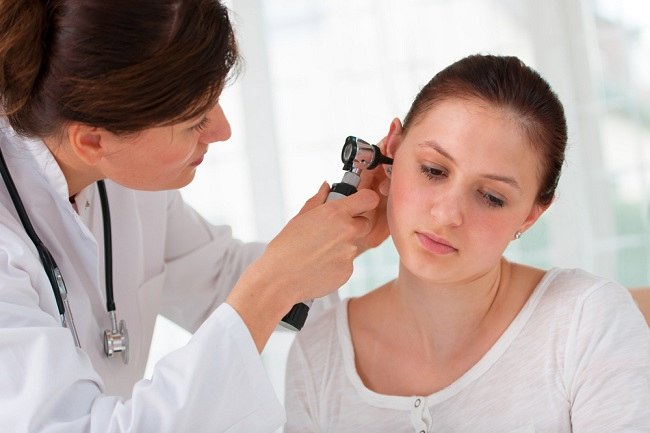Sport is an activity that involves a lot of movement. Although healthy, exercise can also cause injury or health problems. This is where the role of a sports medicine specialist is needed.
Sports medicine specialists are doctors who have special expertise in serving the recovery and prevention of sports-related injuries and illnesses. To get a sports medicine specialist (SpKO) degree, a general practitioner must undergo specialist training in this field. The minimum length of education is 3.5 years.

Sports medicine specialists are responsible for diagnosing and treating patients with sports-related health problems. Usually, sports medicine specialists are also part of the athlete medical team in training programs and sports championships.
The Role of the Sports Medicine Specialist
The following are the responsibilities and things that a sports medicine specialist can do:
- Treating injuries and other health problems related to sports
- Meeting the medical needs of athletes
- Evaluating the physical condition of athletes before and after training and competitions
- Provide understanding and consultation regarding injury prevention during sports
- Communicating and collaborating with athlete coaches or sports instructors
- Teaching a healthy lifestyle, especially for athletes
Treatable Conditions Sports Medicine Specialist
Handling provided by sports medicine specialists to treat injuries or disorders of the bones and muscles due to exercise can be in the form of medication, therapy, or the use of assistive devices, without surgery.
If the patient has an injury that requires surgery, the sports specialist will refer him to an orthopedic doctor.
In addition to bone and muscle problems, sports medicine specialists are also responsible for the general health of athletes, starting from their physical condition, nutritional status, to their psychological state.
The following are some conditions that can be treated by a sports medicine specialist:
- Sprain or sprain
- joint dislocation
- Ligament and cartilage injuries
- Tendon injuries, as in tennis elbow
- Apophysitis (inflammation of the point where the bone grows)
- Tendinitis
- Head collision
- Exercise-induced asthma
- Nutritional problems and supplementation related to sports
What to Prepare When Visiting a Sports Medicine Specialist?
To diagnose and treat your complaint, a sports medicine specialist will ask for a complete history of your complaint. The doctor will also ask for your thorough medical history, including allergies, drug consumption history, past medical history, and menstrual cycles for women.
For injuries, you may be asked about the date of the injury, the chronology of the injury, medical history and treatment for the injury, past injury history, and surgery history.
Doctors need complete information regarding your complaints and general medical history. Therefore, make sure you have collected this information completely to make it easier for your doctor to determine the right diagnosis and treatment for you.
If the complaint is related to the joints or the system of bones and muscles, the doctor usually needs to examine the part by moving it. Therefore, it is recommended that you wear loose clothing that will make it easier for the doctor during a physical examination.
In addition, you are also advised to bring the results of additional examinations, such as radiology and laboratory examinations that you have had before if you have had this complaint examined elsewhere.
There are many health problems associated with exercise, from sprains to asthma. If you experience complaints that arise due to exercise and are not an emergency, you can visit a sports medicine specialist.
However, if you experience signs of a fairly severe injury, such as severe pain, numbness, swelling, or an open fracture, visit the ER immediately for emergency medical care.









